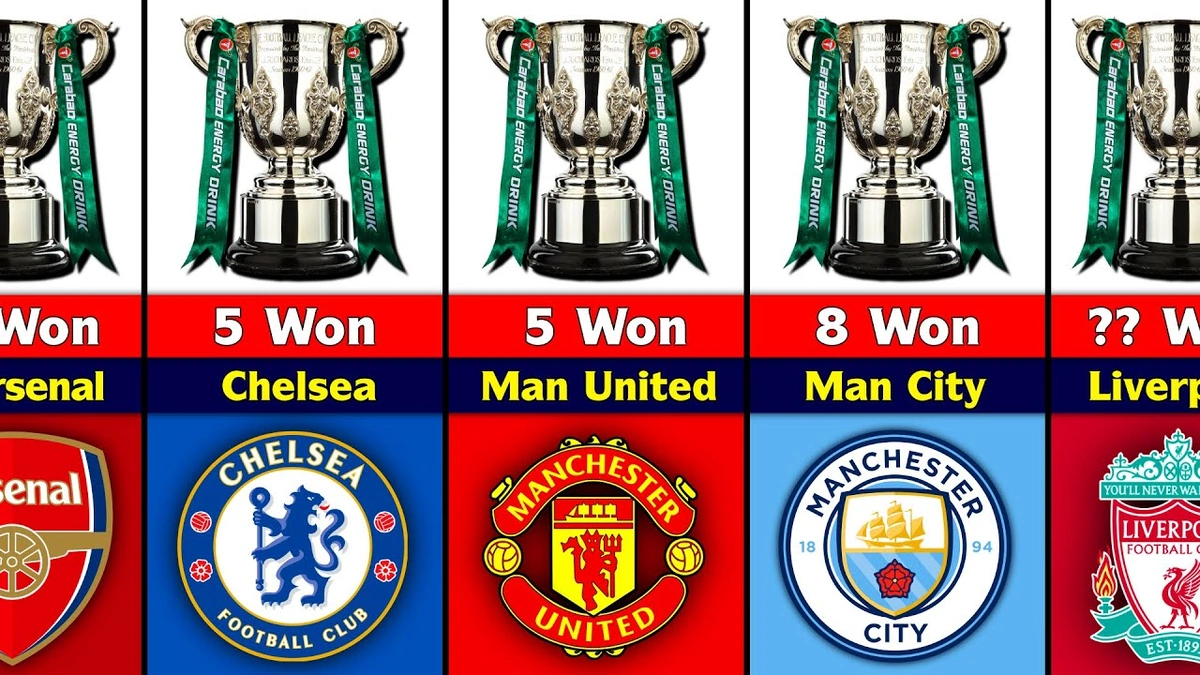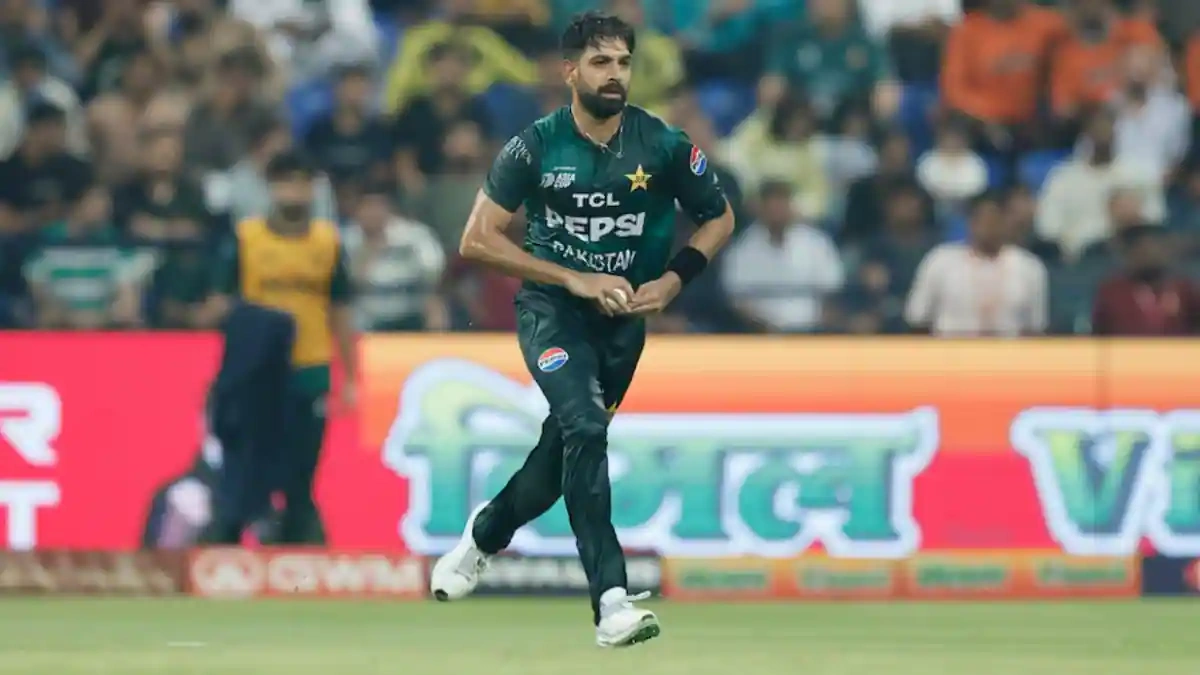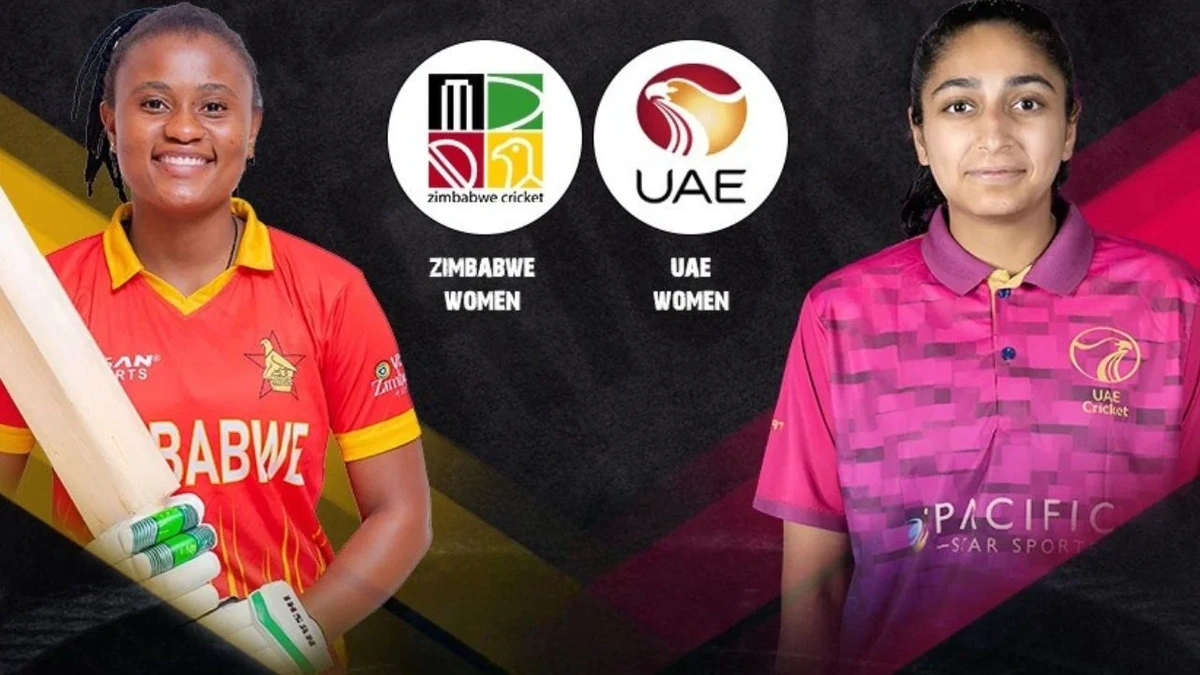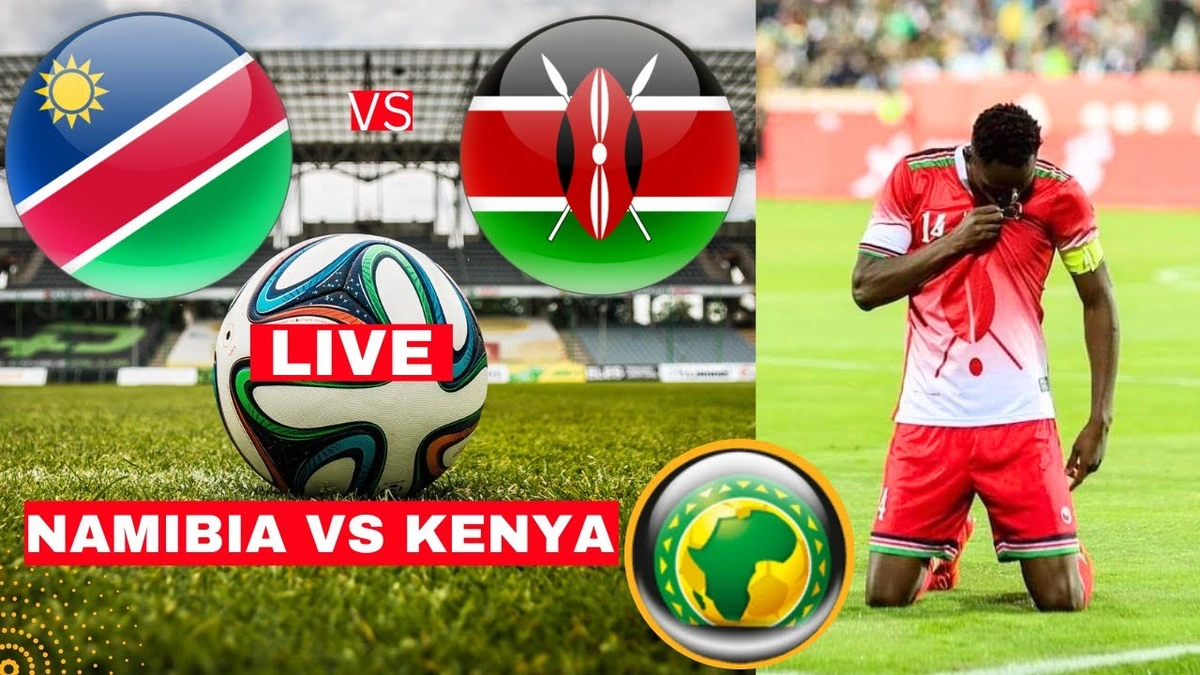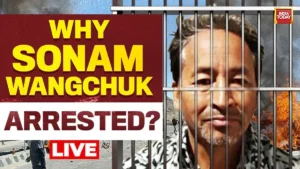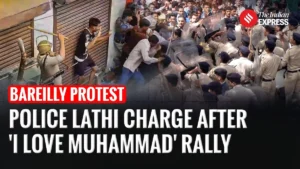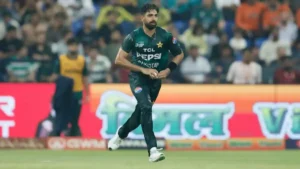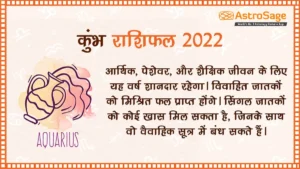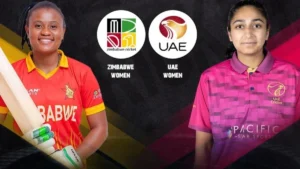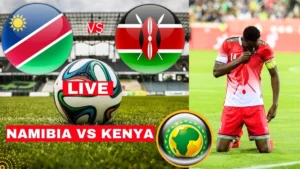The Carabao Cup | More Than Just a ‘Mickey Mouse’ Trophy? Here’s Why It Actually Matters.
Alright, let’s sit down and have a real chat. You, me, and a steaming cup of chai. We need to talk about the EFL Cup .
I know what you’re thinking. In the grand, glittering universe of European football dominated by the star-studded Champions League and the relentless drama of the Premier League the EFL Cup (currently the Carabao Cup for sponsorship reasons) often feels like the forgotten middle child. It’s the one many fans, especially here in India, might scroll past on the fixture list. Pundits love to call it a “Mickey Mouse cup,” a distraction from the real prizes.
And for a while, I kind of agreed. But then you watch. You watch Jürgen Klopp, a man who has won everything, roar with delight after winning it. You see Pep Guardiola, the master tactician, treat a Carabao Cup final like it’s the World Cup. You see 40,000 fans from a smaller club travel to Wembley with tears of hope in their eyes.
And you start to wonder. Is there more to this than meets the eye? So, let’s get one thing straight. The EFL Cup is not just a secondary prize. It’s a secret weapon, a kingmaker, and one of the most fascinating competitions in the English game. Here’s why it deserves your respect and, more importantly, your attention.
The Psychological Springboard | A Trophy is a Trophy
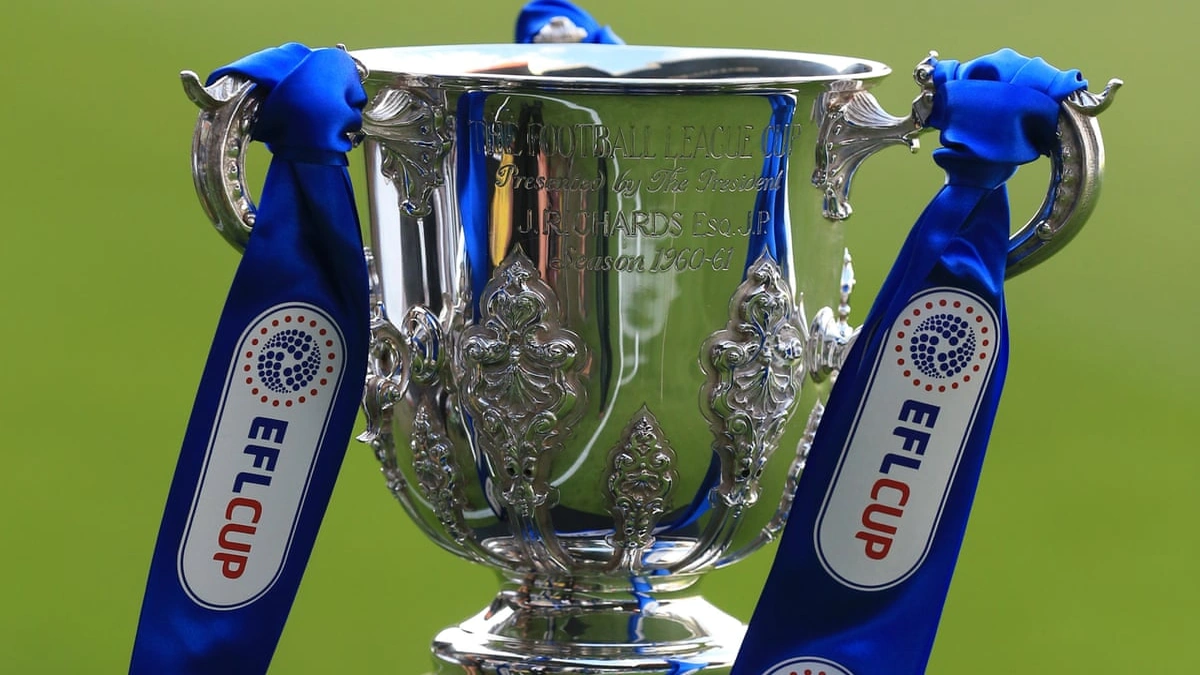
Let’s be honest, winning feels good. And winning a trophy, any trophy, in February can completely change the trajectory of a team’s season. It’s the ultimate shot of momentum.
Think about it. While other teams are grinding through the dreary winter months, one team gets to lift silverware at Wembley. It’s a tangible reward for their hard work. For a squad, it’s a powerful message: “We are winners. Our project is working.”
This isn’t just fluffy motivational talk; there’s a pattern. José Mourinho was the master of this. At both Chelsea and Manchester United, the League Cup was his foundational trophy. It was the first piece of evidence he could point to and say, “See? Follow me, and this is what happens.” It builds a winning culture from the ground up. More recently, Erik ten Hag’s first trophy at Manchester United was the Carabao Cup in 2023. That victory didn’t just end a six-year trophy drought; it injected a dose of belief and stability into a club that desperately needed it.
For a young squad or a team under a new manager, it’s the first taste of champagne. It transforms hope into belief. That feeling is priceless and can fuel a strong finish in the league or a deep run in other cup competitions.
The Gateway to Europe (And It’s a Bigger Deal Than You Think)
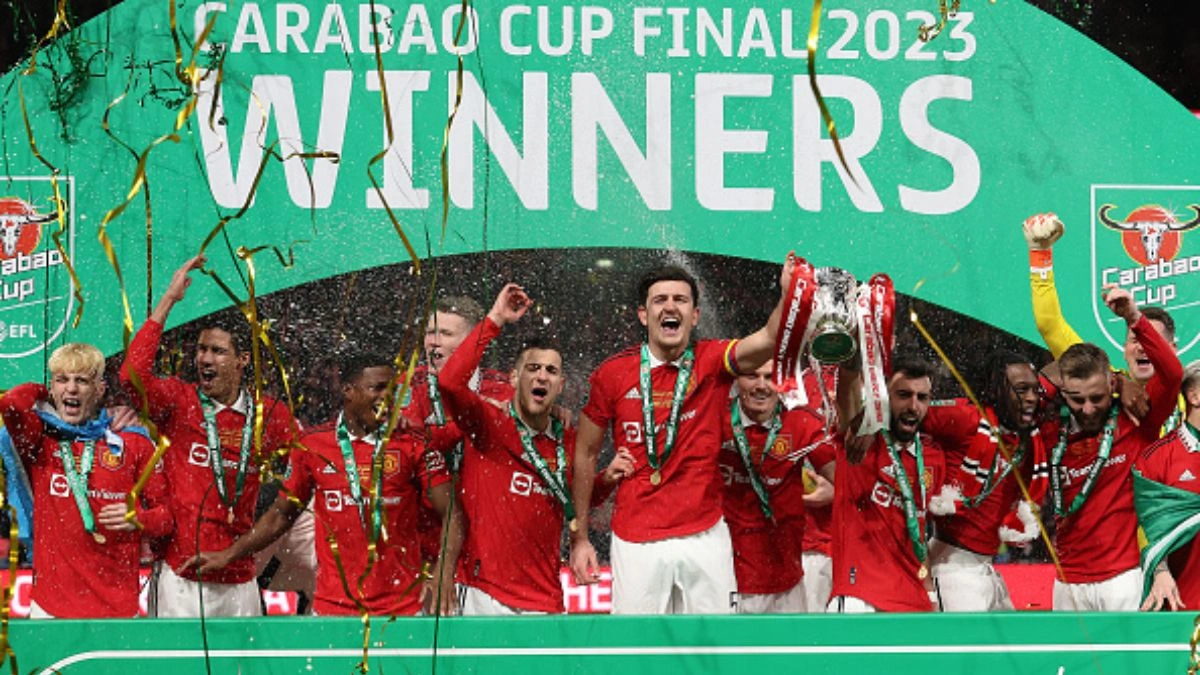
Here’s where the EFL Cup goes from a feel-good story to a high-stakes game of chess. Winning it comes with a massive, tangible prize: a ticket to Europe.
Specifically, the winner gets a place in the playoff round of the UEFA Europa Conference League. Now, you might scoff it’s not the Champions League. But for a club that typically finishes between 8th and 14th in the Premier League, this is a golden ticket. A club like Aston Villa, West Ham, or Brighton might not have the consistency over 38 league games to secure a European spot. But over six or seven knockout matches? Anything is possible.
What does European football mean? It means more revenue from broadcast rights and prize money. It means a higher profile, which helps in attracting better players in the transfer window. It gives the fans incredible away days across the continent. It fundamentally elevates the status of the club. Suddenly, winning the “lesser” domestic cup becomes one of the most realistic paths to joining Europe’s elite table. This adds a layer of genuine desperation and ambition to the semi-finals and the efl cup final , making them incredibly compelling to watch.
The Ultimate Proving Ground for a Club’s Future
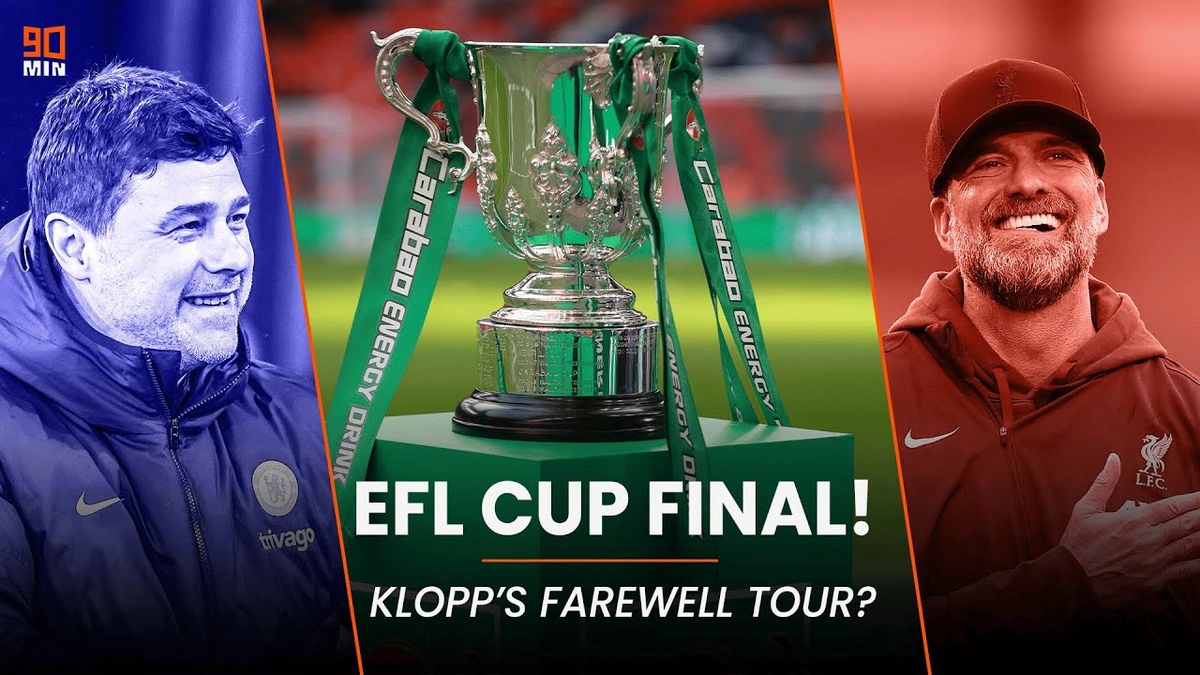
What fascinates me most about the EFL Cup is its role as a high-stakes laboratory. For the top clubs, the early rounds are not a nuisance; they are a critical part of squad management and youth development.
This is where managers get to answer some crucial questions. Is that 18-year-old from the academy ready for the big time? Can the backup striker handle the pressure of a must-win game? It’s a live-fire exercise. We’ve seen players like Phil Foden and Trent Alexander-Arnold cut their teeth in this competition, getting vital minutes that they wouldn’t have received in the Premier League.
For us fans, it’s a brilliant sneak peek into the future. It’s our first chance to see the next generation of stars. But it’s also a test of the manager. Can they successfully rotate their squad to keep key players fresh while still being competitive? A deep run in the League Cup while juggling league and European commitments is a sign of a truly well-managed, deep squad the hallmark of all great teams. It’s a puzzle, and watching managers solve it in real-time is pure footballing intrigue.
The Giant-Killing Arena | Where Dreams Are Made
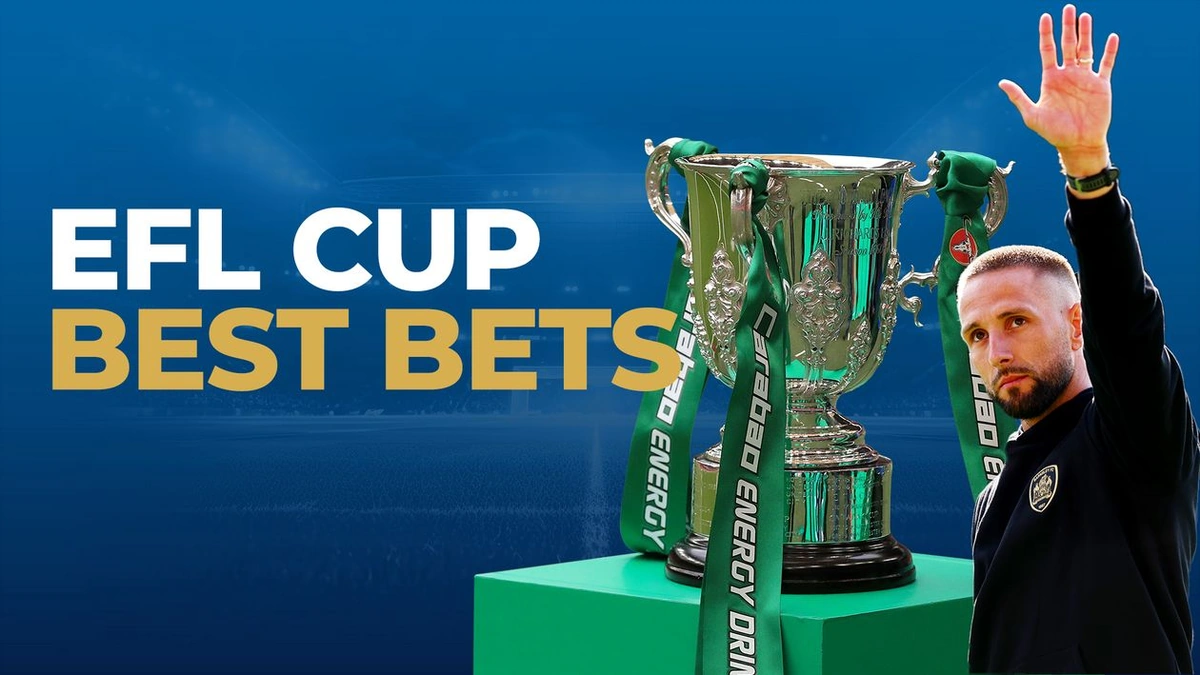
Let’s face it, the Premier League can sometimes feel… predictable. But the beauty of a knockout cup is its glorious unpredictability. The EFL Cup is the ultimate theatre for the underdog.
This is where a team from League Two (the fourth tier of English football!) can draw a Premier League giant at home. For one night, under the floodlights, in front of a packed, roaring stadium, anything feels possible. These are the stories that form the bedrock of football fandom. It’s not just about the efl cup winners ; it’s about the journey. The financial windfall from a cup run can literally save a lower-league club.
The most legendary example, of course, is Bradford City in 2013. A fourth-tier side that battled its way past Premier League teams like Arsenal and Aston Villa to reach the final at Wembley. They may have lost the final, but they won the hearts of millions. It was a fairy tale. These giant-killings are a powerful reminder that football isn’t just about money and superstars. It’s about passion, community, and that one-in-a-million chance that on any given Tuesday night, David can truly beat Goliath. It showcases the kind of heroism you’d expect from a great player, maybe even a top goalkeeper like Ter Stegen pulling off impossible saves for 90 minutes.
It’s the kind of drama that reminds you of other sporting narratives, like the fierce rivalries seen in cricket, where one figure can become a pantomime villain for an entire nation, much like the story of Nasser Hussain . That raw emotion is what makes sport so compelling.
Frequently Asked Questions About the EFL Cup
Why is it called the Carabao Cup?
The EFL Cup is named after its title sponsor. Currently, it’s the Thai energy drink brand Carabao. In the past, it’s been known as the Milk Cup, Coca-Cola Cup, and Carling Cup. The name changes, but the trophy remains the same.
What’s the difference between the EFL Cup and the FA Cup?
The main difference is who competes. The EFL Cup vs FA Cup debate is common. The EFL Cup is open only to the 92 clubs in the top four tiers of English football (Premier League and the three divisions of the English Football League). The FA Cup, on the other hand, is open to hundreds of clubs, all the way down to the 10th level of the football pyramid, making it a much larger competition.
Do all Premier League teams play in the EFL Cup?
Yes, all 20 Premier League clubs participate. However, the teams involved in European competitions (like the Champions League) get a bye and enter the tournament in the Third Round, while the other Premier League clubs enter in the Second Round.
What happens if the EFL Cup winner has already qualified for Europe?
This is a great question and happens often. If the winner has already qualified for the Champions League or Europa League via their league position, the Europa Conference League spot is then passed down to the highest-ranked Premier League team that has not yet qualified for any European competition.
Are there replays in the Carabao Cup?
No, there are no replays in the competition anymore. If a match is level after 90 minutes, it goes straight to a penalty shootout. The only exception is the semi-final, which is played over two legs (home and away), with the aggregate score deciding the winner.
So, the next time you see a Carabao Cup fixture pop up on your screen, don’t dismiss it as the ” mickey mouse cup .” Look closer. See it for what it truly is: a launchpad for champions, a gateway to bigger dreams, a stage for future heroes, and a beautiful, chaotic celebration of the soul of English football. It might not be the biggest trophy, but its importance is undeniable.
